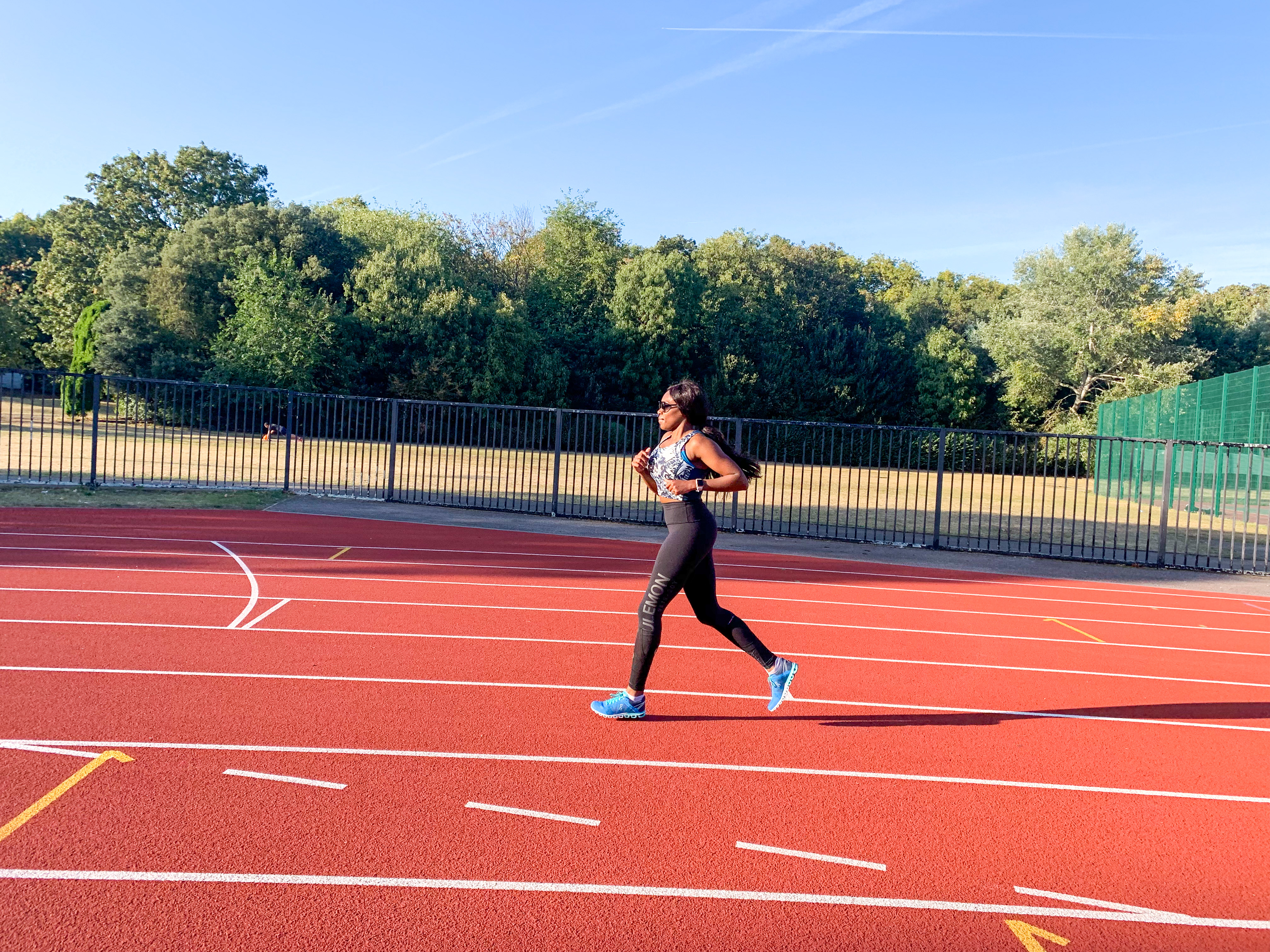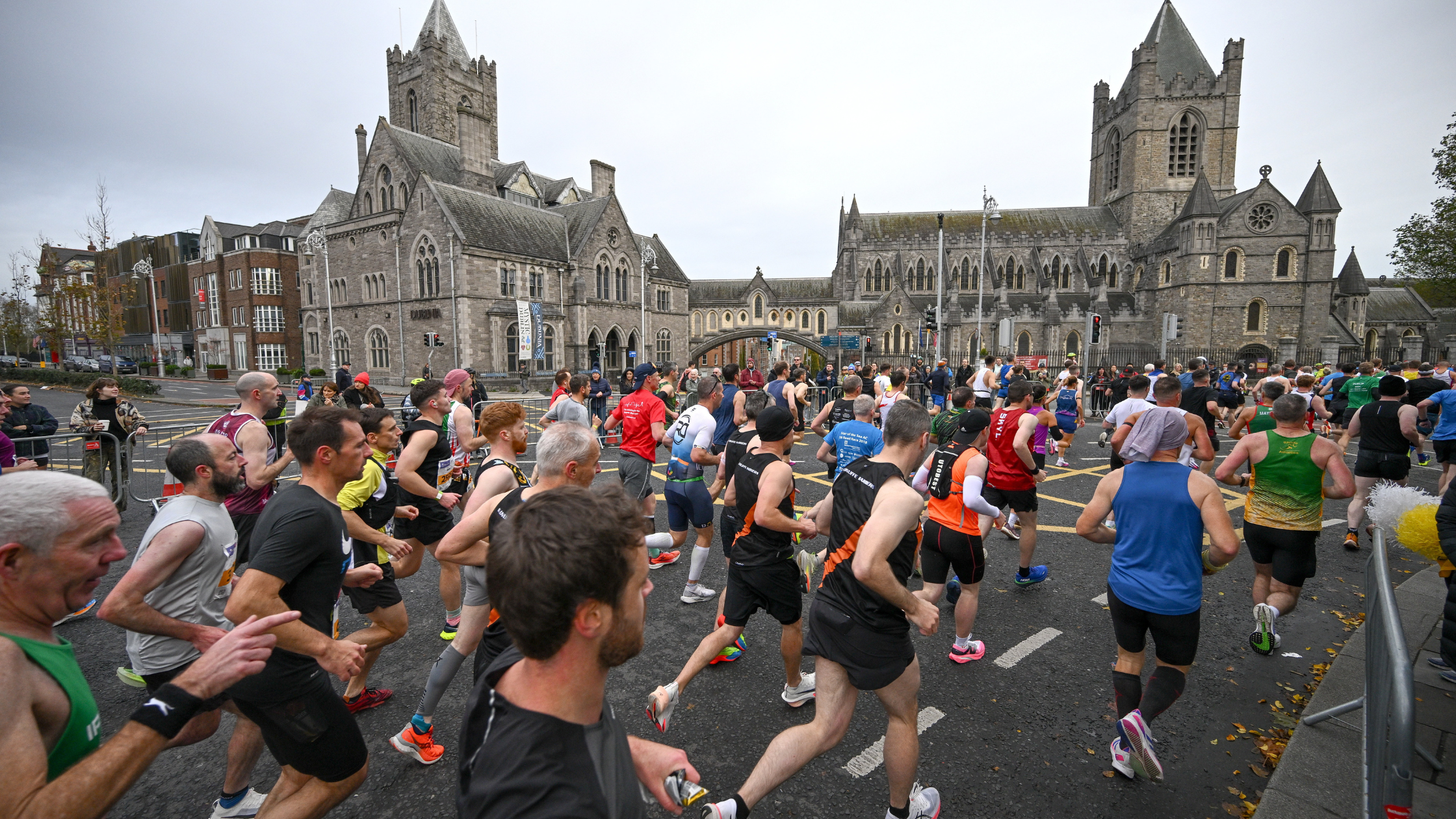Find out why rest and recovery are just as vital ingredients to training as the actual running itself.
‘Rest’ is often perceived as a dirty word amongst runners, with many fearing that they will lose all of their hard earned fitness in an instant! However, rest and recovery are probably the two most under-rated facets of training. Whilst the world’s best runners train very hard, they also take their recovery super seriously and are supremely lazy when they’re not putting one foot in front of another!
Check out these reasons as to why sometimes it might just be better to put your feet up and put the kettle on rather than to lace up your trainers.
1. You get fitter!
Although it may seem counterintuitive, gains in fitness actually happen when you rest, not while you’re training. Your body needs to recover in order to absorb the work that you have done and to allow the physiological adaptations to a training stimulus to take place.
2. You reduce your injury risk
Training causes micro-damage to your body’s tissues and without adequate rest and recovery between training sessions the body begins to break down. By scheduling regular rest or easy days into your training schedule you reduce the risk of suffering from overuse injuries such as tendonitis and stress fractures. In fact a recent study based on 446 endurance athletes found that athletes who had fewer than two rest days per week during the training season had a 5.2 fold risk of an overuse injury.
3. You can recharge mentally
Incorporating a regular rest day or a very easy day into your training will enable you to mentally recharge your batteries as well as physically. It’s important to ‘switch off’ from training and engage in other interests in order to avoid psychological burnout .
4. You can train more consistently
Respecting the importance of rest and recovery will reduce your risk of injury and the likelihood of succumbing to over-training fatigue, which in turn will enable you to train more consistently. Consistency of training is probably the single most important factor if you’re looking to improve your running. It’s not the one off monster sessions that get you in shape but rather fitness is built upon weeks, months or even years of consistent, solid work.
5. You can train harder
There’s a well-known saying that you can only train as hard as you can recover. By giving your body adequate rest and recovery you will be able to adapt to and absorb more training over time without running the risk of overtraining. This will enable you to reach higher levels of performance.
6. You will race better
Many runners fail to realise that there is virtually no fitness to be gained in the final two weeks before a race. It takes at least 10 days to two weeks to reap the benefits of any given workout so in the final week before a race you should prioritise rest and recovery if you’re looking to maximise your performance. Reduce the length of your runs and rest up, the hard work is done!
7. You can periodise your training
Even elite athletes will tell you that it’s very difficult to be in great shape all year round. In order to produce a peak performance you should periodise your training. This means breaking the year (or several months) into smaller blocks of time, with each block having a different focus. Rest and recovery is an important part of periodisation and should punctuate each training block, enabling you to absorb all the training and to maximise those all-important fitness gains.
Remember, rest is a form of training too and you should approach it with as much discipline as you would your harder workouts.














